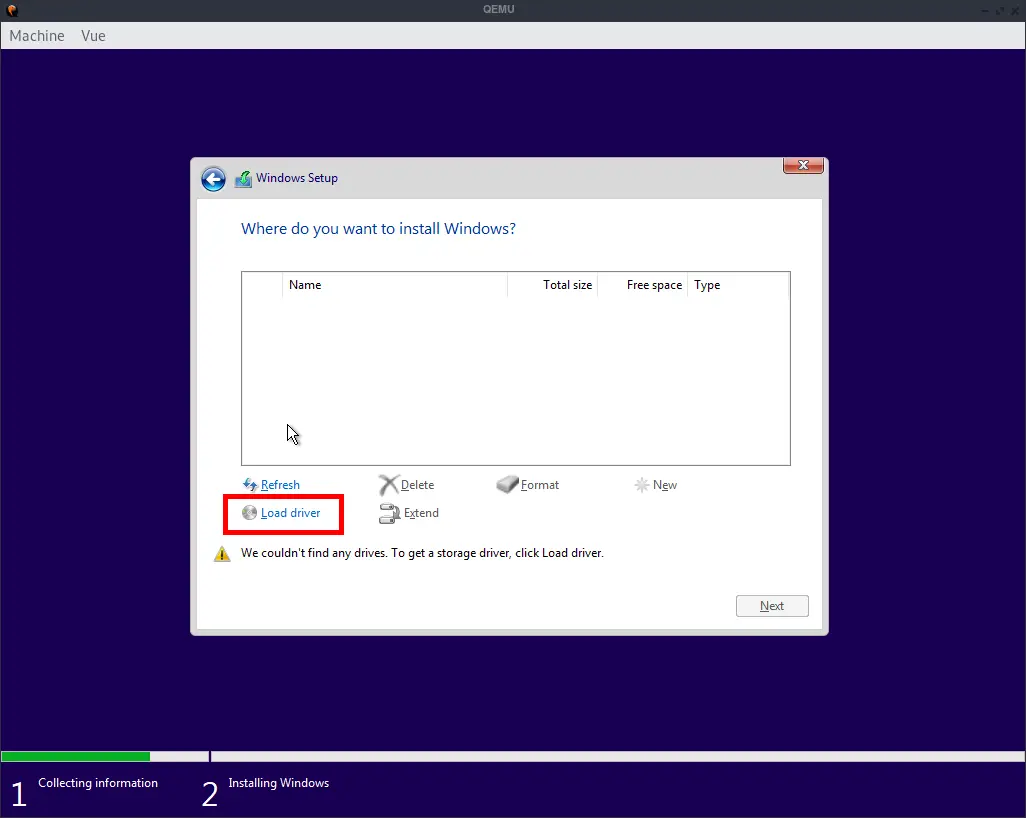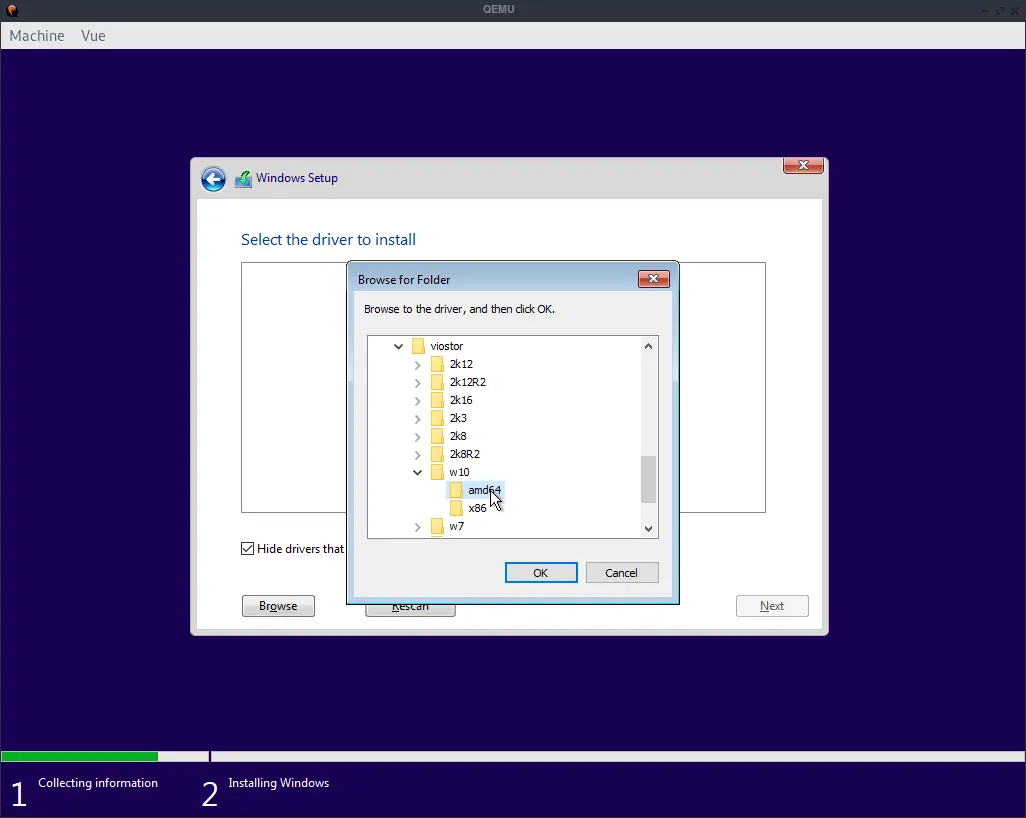I have a Canon CanoScan 4400F usb scanner and I haven't found a way to directly use it with GNU/Linux. So I scan through a KVM Windows 10 Virtual Machine.
On my system, the scanner device is mounted with root owner rights. To be able to use it on my KVM virtual machine, I need to change the owner from root to user.
[user@host ~]$ lsusb | grep "Canon" Bus 002 Device 002: ID 04a9:2228 Canon, Inc. CanoScan 4400F
[user@host ~]$ ls -l /dev/bus/usb/002/002
crw-rw-r-- 1 root root 189, 129 31 oct. 09:20 /dev/bus/usb/002/002
A temporary solution is to change the owner from a root prompt. We will have to do it each time after a reboot.
root@host:~# chown user:user /dev/bus/usb/002/002
To make it works permanently we will create a udev rule.
root@host:~# udevadm info --attribute-walk --path=$(udevadm info --query=path --name=/dev/bus/usb/002/002)
Udevadm info starts with the device specified by the devpath and then
walks up the chain of parent devices. It prints for every device
found, all possible attributes in the udev rules key format.
A rule to match, can be composed by the attributes of the device
and the attributes from one single parent device.
looking at device '/devices/pci0000:00/0000:00:14.0/usb2/2-10':
KERNEL=="2-10"
SUBSYSTEM=="usb"
[...]
ATTR{idProduct}=="2228"
ATTR{idVendor}=="04a9"
[...]
Now we have device attributes we can create our udev rule.
SUBSYSTEM=="usb", ATTR{idVendor}=="04a9", ATTR{idProduct}=="2228", OWNER="user", GROUP="user"
root@host:~# udevadm control --reload
root@host:~# udevadm test $(udevadm info --query=path --name=/dev/bus/usb/002/002) | less [...] Reading rules file: /etc/udev/rules.d/80-scanner.rules [...]
[user@host ~]$ ls -l /dev/bus/usb/002/002
crw-rw-r-- 1 user user 189, 129 31 oct. 09:20 /dev/bus/usb/002/002
root@host:~# pacman -S qemu; modprobe virtio
root@host:~# qemu-img create -f raw WIN_HDD01 20G
root@host:~# qemu-img resize -f raw WIN_HDD01 +30G
Link here : Drivers
root@host:~# wget 'https://fedorapeople.org/groups/virt/virtio-win/direct-downloads/stable-virtio/virtio-win.iso'
[user@host ~]$ qemu-system-x86_64 -smp 2 -net nic,model=e1000,macaddr=52:54:00:12:34:56 -net user,id=mynet0,net=192.168.76.0/24,dhcpstart=192.168.76.9,hostfwd=tcp::5555-:3389 -cpu host -vga cirrus -m 4096 -cdrom /data/en_windows_10_enterprise_ltsc_2019_x64_dvd_74865958.iso -enable-kvm -boot order=d -drive file=/data/WIN_10_LTSB_HDD01,index=0,media=disk,if=virtio,format=raw -drive file=/tmp/virtio-win.iso,media=cdrom,index=3




[user@host ~]$ qemu-system-x86_64 -smp 2 -net nic,model=e1000,macaddr=52:55:01:11:34:53 -net user,id=mynet0,net=192.168.76.0/24,dhcpstart=192.168.76.9,hostfwd=tcp::5555-:3389 -cpu host -vga cirrus -m 4096 -enable-kvm -boot order=d -drive file=/vdisks/WIN_HDD01,index=0,media=disk,if=virtio,format=raw -device nec-usb-xhci -device usb-host,hostbus=1,hostaddr=3
Here, two examples with rdesktop and xfreerdp.
To facilitate files transfer between our systems, we will use the redirected folders feature, so the /tmp/share folder will be usable from our Windows :
[user@host ~]$ rdesktop 127.1:5555 -r disk:docs=/tmp/share -0 -r sound:remote
[user@host ~]$ mkdir /tmp/share;xfreerdp /v:127.0.0.1:5555 /w:1900 /h:1024 /cert-ignore /drive:share,/tmp/share

Contact :